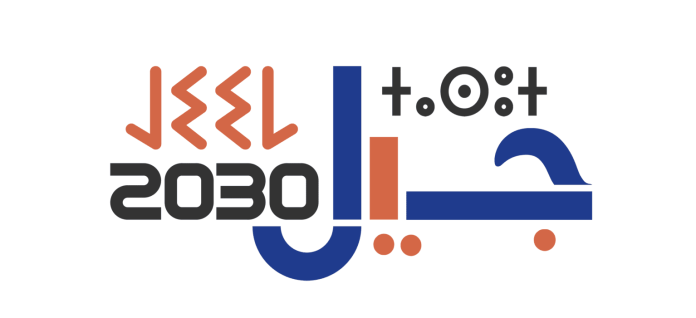Morocco has taken a decisive step this Tuesday with the launch of the Jeel 2030 (“Generation 2030”) initiative, aiming to redefine the relationship between Moroccan youth and public life. This integrated strategy seeks to ensure the effective and sustainable inclusion of young people in the country’s economic, social, and political spheres. The launch ceremony of this initiative was honored by the presence of Mohamed Mehdi Bensaid, Minister of Youth, Culture, and Communication.
In the face of current societal changes, a comprehensive approach is essential to address the structural challenges hindering youth empowerment, such as unemployment, low political representation, and the inefficiency of public policies targeting them. Official statistics reveal that 1.5 million young people are neither employed, enrolled in education, nor undergoing training (NEET), highlighting the limitations of previous development policies and the need for innovative solutions that go beyond traditional approaches.
The Jeel 2030 initiative is based on a fundamental principle of consultation and interaction with young people from various regions of the country to design policies aligned with their realities and aspirations. It adopts a cross-sectoral approach that promotes convergence among different stakeholders and institutions.
This approach is directly inspired by royal directives affirming that “youth is the true wealth of the nation,” rather than a burden on development. This vision is embodied in the slogan “Dignity – Hope,” where dignity is an essential pillar ensuring quality education, decent employment, and adequate housing, while hope serves as the fundamental driver to build a country that embraces the aspirations of its youth and provides them with opportunities for active participation in shaping their future.
Through innovative mechanisms, Generation 2030 aims to establish open dialogue spaces and interactive surveys that allow young people to assess public policies and propose alternatives. The initiative also advocates for the integration of their perspectives into government strategies by involving them in the different stages of diagnosis, implementation, and evaluation.
The launch of Jeel 2030 marks a clear commitment to transforming current challenges into opportunities by placing youth at the heart of national development. This initiative promises to strengthen social cohesion and ensure a prosperous future for generations to come.





